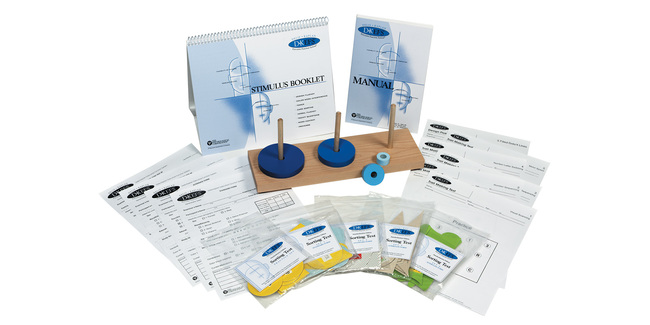The Delis-Kaplan Executive Function System™ (D-KEFS™) is the first nationally standardised set of tests to evaluate higher level cognitive functions in both children and adults. Guidance on using this test in your telepractice
D-KEFS Advanced is a new all digital version of D-KEFS coming in 2025. Sign up to stay informed!
D-KEFS Advanced is a new all digital version of D-KEFS coming in 2025. Sign up to stay informed!
D-KEFS Advanced is a new all digital version of D-KEFS coming in 2025. Sign up to stay informed!
Delis-Kaplan Executive Function System
D-KEFS
The Delis-Kaplan Executive Function System™ (D-KEFS™) is the first nationally standardised set of tests to evaluate higher level cognitive functions in both children and adults. Guidance on using this test in your telepracticeD-KEFS Advanced is a new all digital version of D-KEFS coming in 2025. Sign up to stay informed!
‹ View all tests and materials
D-KEFS Trail Making Test Record Forms (Print)
9780158091334
Qualification Level
C
Pack of 25 record forms for Trail Making Test.
£51.87
